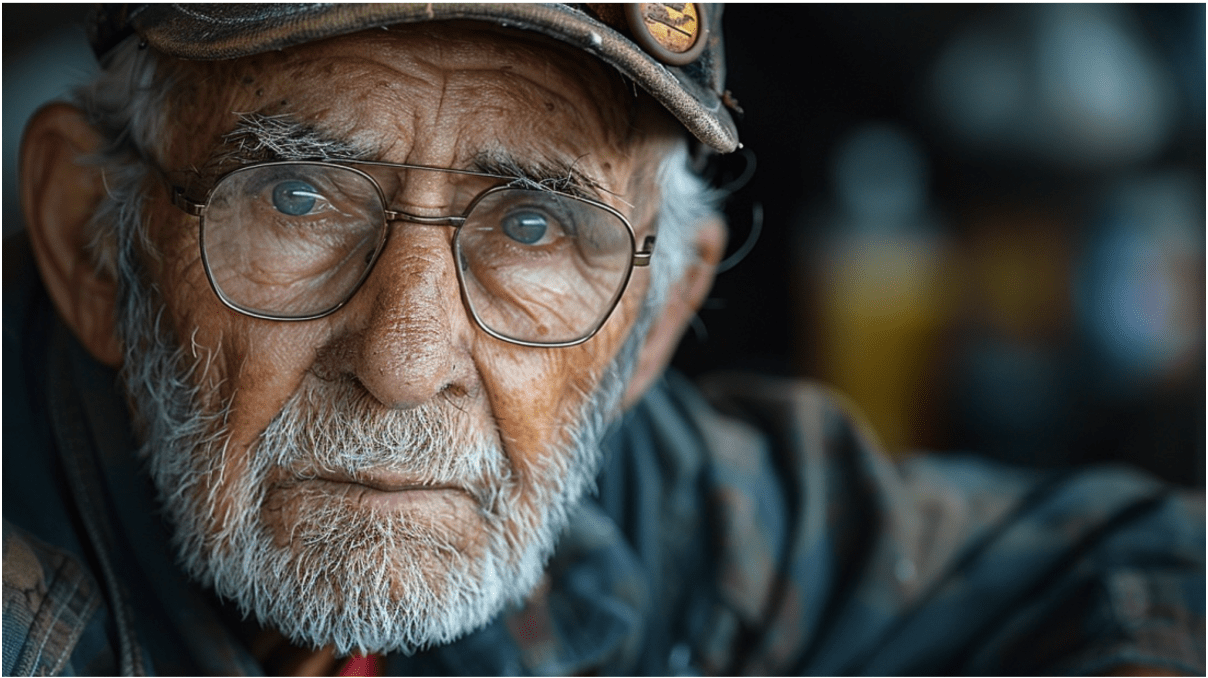US
No Constitutional Rights for Undocumented Immigrant Accidentally Shot by Police, Says Grand Jury

There is a landmark case that is being challenged in Southaven, Mississippi, over constitutional rights. Ismael Lopez, an undocumented immigrant, was accidentally shot by police on July 24th, 2017. After a lengthy court battle, a Grand Jury ruled in favor of the city, saying the police officer and city were exempt from any guilt because of the immigration status of the person who was shot. The city argued that Lopez had no constitutional rights due to his undocumented status. The ruling attempts to set a new precedent, claiming that the U.S. Constitution does not protect undocumented persons. Lopez was shot in his mobile home park in Southaven, Mississippi. Police knocked on Lopez’s door by accident, instead of their intended domestic assault suspect, and began shooting. Lopez had already died from a gunshot wound to the head by the time paramedics had arrived.
The Constitution typically protects people under these circumstances. The Fourth Amendment protects U.S. citizens from unreasonable searches and seizures, and the Fourteenth Amendment provides equal protection for all citizens under the law. The attorney for the police officer involved in the shooting as well as the city, Katherine Kirby, successfully argued that Lopez lacked protections under these amendments. The Lopez family attorney, Wells, has argued that all people on United States territory have constitutional rights, giving Lopez rights through the 14th Amendment.
A motion from court documents explained this idea, stating that Ismael Lopez’s lack of citizenship in the United States when he was shot voids these rights. As a result, it said, there was no legal grounds for this case based on his status as undocumented. Lopez was a 41-year old auto mechanic who also mentored teens and fixed friends and neighbors’ cars for free.
The family of Lopez filed a civil action lawsuit in response to the jury’s decision and is seeking $20 million in damages for his wrongful death. The civil lawsuit was filed in June 2019. Attorneys have stated that Claudia Linares, Lopez’s widow, will be unable to sue due to her status as an undocumented immigrant. Murray Wells, the attorney for Linare, says that this interpretation of the Constitution that excludes non-citizen residents impedes the process of due process and for what the Constitution stands. He continues by saying that he was disgusted by the decision of the Grand Jury. Attorneys also accused Linares of not actually being married to Lopez, which was disproved by her attorneys when they filed her 2003 marriage certificate. There has been controversy over the city’s accusations towards Linares and her lawyer asked the judge to consider sanctioning the city for their actions.
“This could lead to a slippery slope effect that could affect similar cases. Such a ruling goes against past rulings that state that all persons in the United States, including undocumented immigrants, are protected by the U.S. constitution,” says immigration attorney Natalia Segermeister of Price Benowitz LLP. This controversial ruling could potentially be sanctioned under Federal rules of procedure.
US
Creating Safe Havens: Inside Genesis USA’s Vision for Inclusive Housing

GenesisUSA, a nonprofit based in Arlington, Texas, works to improve the lives of disabled veterans and children who have lost their parents. Led by Charles Ford, the organization goes beyond providing financial aid. It focuses on long-term solutions, like building wheelchair-accessible homes, to support independence and dignity for those in need. With rising housing costs and growing inequality, GenesisUSA’s mission addresses a critical gap.
Ford and his team create supportive environments that help promote self-reliance in underserved communities. As a smaller, community-based organization, it addresses challenges that can be difficult for larger organizations to manage. Its work shows how local initiatives can make a noticeable difference.
A Growing Crisis: The Need for Accessible Housing
The demand for affordable and accessible housing continues to grow. A 2023 report from the National Low Income Housing Coalition estimated that more than 11 million U.S. households need homes with accessibility features. This challenge is more pronounced for disabled veterans, with nearly four million living in homes that do not meet their physical needs.
“Our veterans have sacrificed a lot for this country, but many still face housing that doesn’t suit their needs,” Ford says. “Beyond merely providing them shelter, we’re creating a space where they can live comfortably.”
GenesisUSA is responding by building homes designed for accessibility. These houses include ramps, wider doorways, and modified kitchens and bathrooms to allow veterans to live more independently. The organization also plans to create supportive environments for children who have lost their parents, many of whom also face mobility challenges.
Ford’s Community-Driven Leadership at GenesisUSA
Ford’s years of experience in construction and his dedication to charitable work have shaped his leadership at GenesisUSA. He stays closely involved, often meeting veterans and families to learn about their needs firsthand. “For me, it’s about building personal connections,” Ford says. “Large charities sometimes miss the individual stories.”
The community focus defines Ford’s leadership. Although some wonder if a smaller nonprofit can make a meaningful impact, Ford is confident. “We don’t have celebrity endorsements or huge budgets, but we have real relationships with the people we help,” he says. His dedication to grassroots efforts sets GenesisUSA apart from larger, more structured organizations.
GenesisUSA has already helped over 100 people and aims to expand its impact with affordable, accessible housing solutions. One notable feature is the inclusion of a wheelchair-accessible swimming pool, which has received positive feedback. Ford says, “We’re creating spaces where people can enjoy life fully, just like everyone else,” which reflects the organization’s mission to support independence and inclusion.
Building More Than Homes: A Reflection of Hope
Ford looks back on GenesisUSA’s progress with a clear sense of purpose. “We’re not simply building homes, we’re offering hope and building opportunities for independence,” he says. “We’re here to support veterans who face mobility challenges and children who have lost their parents, offering them a chance at a more self-reliant life.”
As the organization’s reach expands, so does its ability to impact lives across the country. Its work embodies Ford’s dedication to ensuring that no one is overlooked. Ford envisions scaling their efforts while maintaining the personalized approach that defines their model.
“We’re still in the early stages,” he notes. “As we grow, we’ll continue to prioritize individual needs. Our success hinges on the improved quality of life for each person we help.”
As the demand for accessible, supportive housing rises, organizations like GenesisUSA play an important role in filling gaps left by larger institutions and government programs. Through its focus on tailored support and community-driven solutions, GenesisUSA is building a model for how smaller nonprofits can significantly impact and address pressing social needs.
-

 Tech4 years ago
Tech4 years agoEffuel Reviews (2021) – Effuel ECO OBD2 Saves Fuel, and Reduce Gas Cost? Effuel Customer Reviews
-

 Tech6 years ago
Tech6 years agoBosch Power Tools India Launches ‘Cordless Matlab Bosch’ Campaign to Demonstrate the Power of Cordless
-

 Lifestyle6 years ago
Lifestyle6 years agoCatholic Cases App brings Church’s Moral Teachings to Androids and iPhones
-

 Lifestyle4 years ago
Lifestyle4 years agoEast Side Hype x Billionaire Boys Club. Hottest New Streetwear Releases in Utah.
-

 Tech6 years ago
Tech6 years agoCloud Buyers & Investors to Profit in the Future
-

 Lifestyle5 years ago
Lifestyle5 years agoThe Midas of Cosmetic Dermatology: Dr. Simon Ourian
-

 Health6 years ago
Health6 years agoCBDistillery Review: Is it a scam?
-

 Entertainment6 years ago
Entertainment6 years agoAvengers Endgame now Available on 123Movies for Download & Streaming for Free
